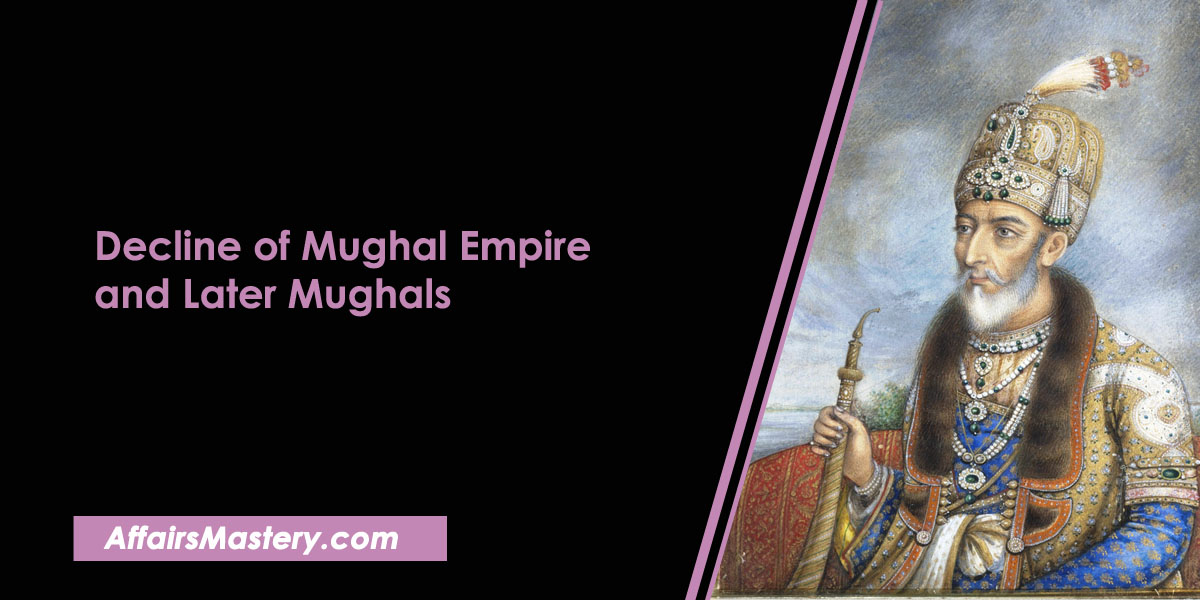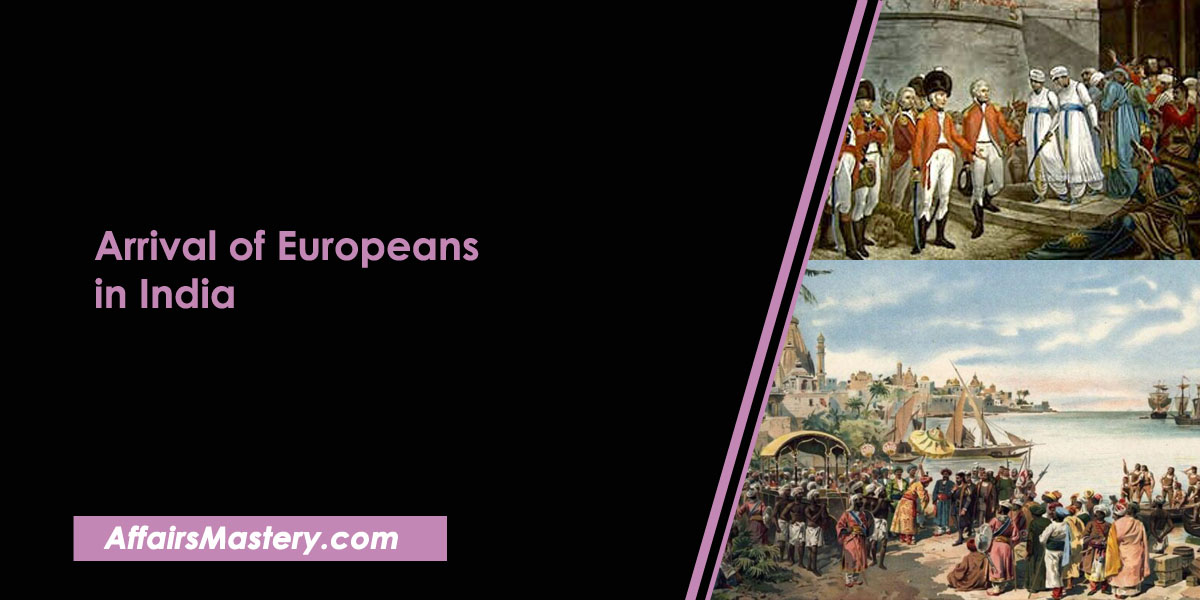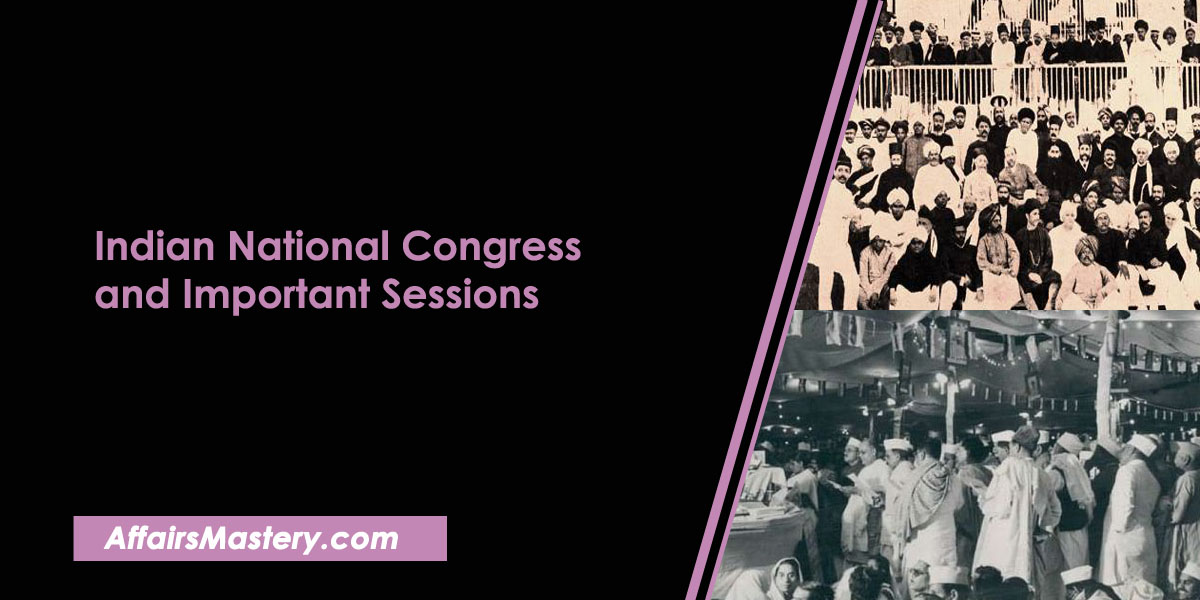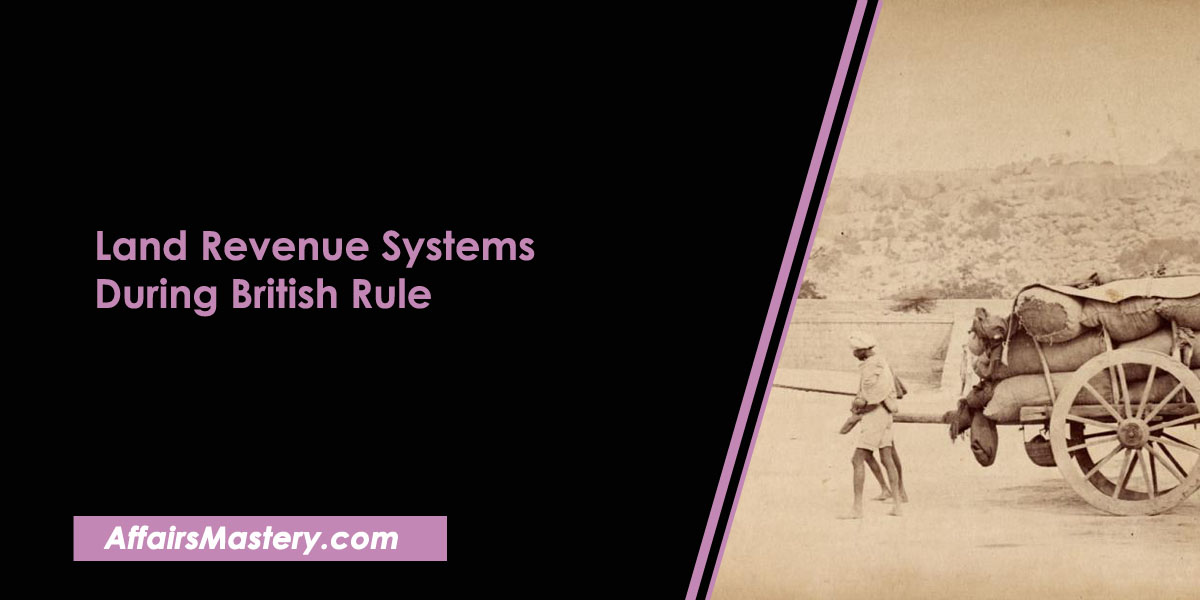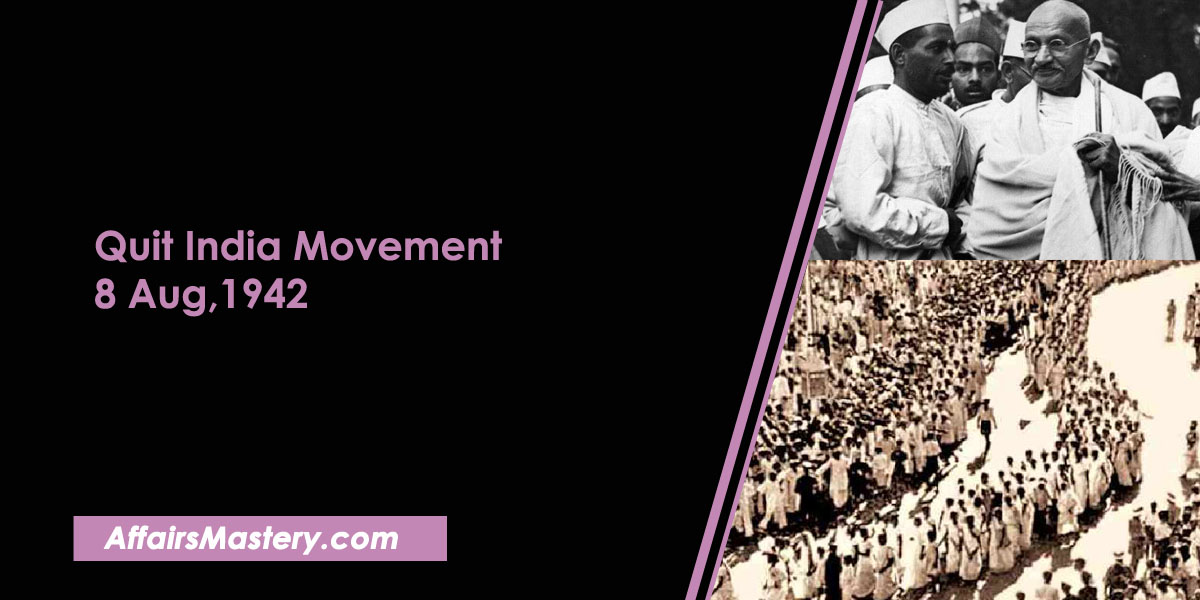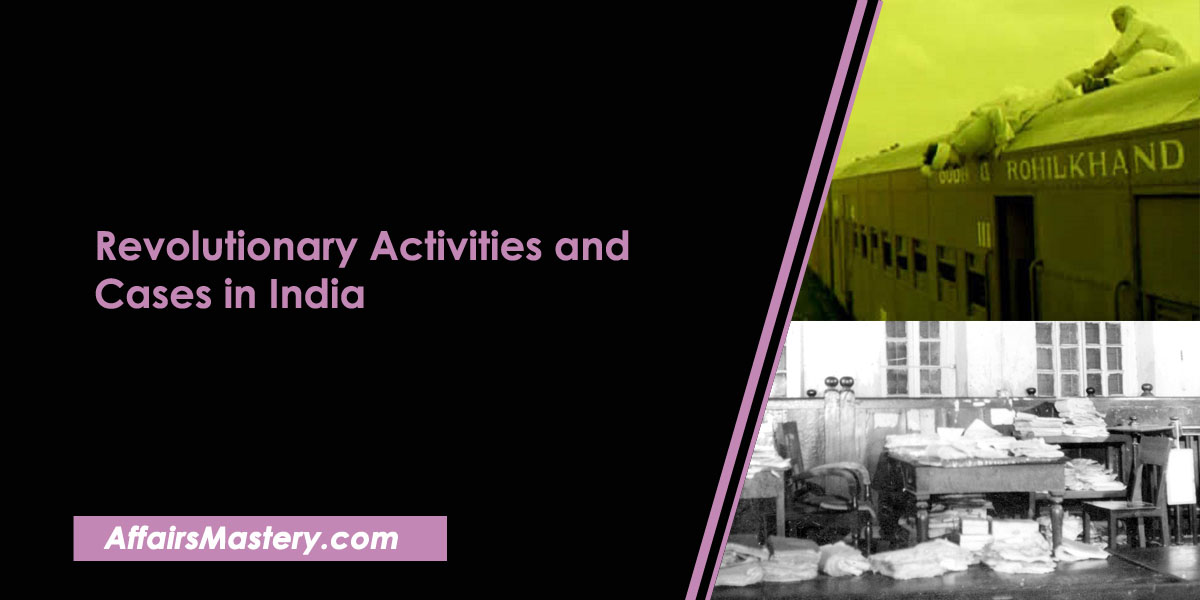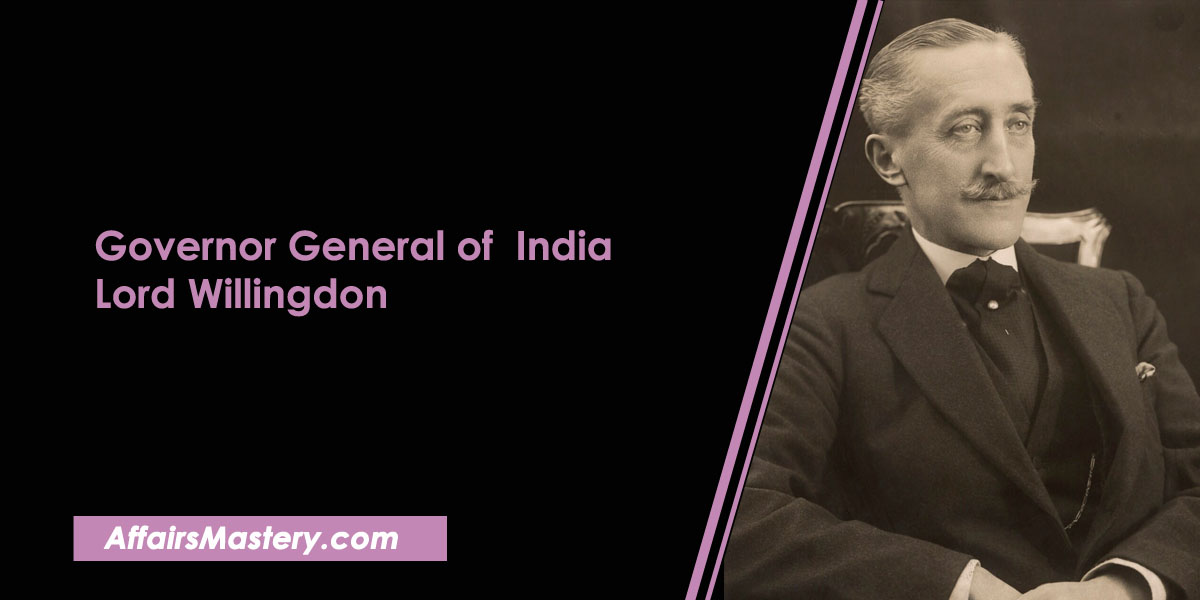Lord Mountbatten – Important Short Notes for Exams
Lord Mountbatten was the last Governor General of India and the first Governor General of Independent India. Many Important reforms and events occurred in his time. He had a great participation in Indian modern history. Topic is useful for UPSC, State exams and other exams and for general knowledge.
About
- Lord Mountbatten(1900-1979) was an influential British statesman, naval officer and colonial administrator who had a close relationship with the royal family.
- He had a distinguished career in the Royal Navy, joining during the First World War and eventually being appointed Supreme Allied Commander of South East Asia Command for the Second World War. His dedication to service was remarkable.
- Winston Churchill had a great admiration for Lord Mountbatten and held him in high regard.
- In 1952, Lord Louis Mountbatten was appointed as the commander-in-chief of the British Mediterranean Fleet and NATO Commander Allied Forces Mediterranean. This allowed him to lead an important military force during this time period.
- He acquired the position of First Sea Lord from 1955 to 1959.
- Lord Mountbatten was an important figure in the NATO Military, serving as its chairman for a full year.
Events during his time in India
- On 20 February 1947, Clement Attlee advised King George VI to appoint him as the Viceroy of India.
- Lord Mountbatten was instructed to try and avoid the partition of India during Britain’s transfer of power, but he had permission to adjust his plans if necessary in order for Britain to exit quickly.
- He arrived in India on 22 March 1947 and two days later, he took Viceregal Oath.
- He had a positive relationship with Jawahar Lal Nehru, but he held different feelings towards the Muslim League due to their conflicting ideologies and goals.
- Appointed Sir Cyril Radcliffe for drawing the line between India and Pakistan.
- After much deliberation, Lord Mountbatten concluded that a unified India was an unattainable goal and resigned himself to the idea of partitioning it into two separate countries – India and Pakistan. This decision ultimately led to the creation of these independent nations.
- Jinnah refused Mountbatten’s offer to serve as Governor-General of Pakistan.
- Lord Mountbatten was able to foster a strong connection with the Indian princes, who had authority over parts of India that were not under British control.
- Despite his best efforts, he was unable to convince the princely states of Jammu and Kashmir, Hyderabad and Junagadh to join India. This failure would eventually lead to future tensions between India and Pakistan.
- The Interim Government, which had been in place since September 2, 1946 and was unable to contain the riots that were occurring throughout India at this time, made it clear to its leaders including Nehru that Muslim League’s demand for a separate Pakistan would be an inevitable outcome.
- Lord Mountbatten, the last Viceroy of India before independence in 3 June 1947, devised a plan known as the “Dickie Bird Plan“.
- Khan Abdul Gaffar Khan harshly criticized the Congress for their betrayal of the Khudai Khidmatgars, describing them as treacherous
- Lord Mountbatten was responsible for the formation of a Partition Committee that included prominent figures such as Vallabh Bhai Patel, Dr. Rajendra Prasad, Liaqat Ali Khan and Abdur Rab Nishta
- Lord Mountbatten made the decision to move up the date of partition from June 1948 to 15 August 1947.
- The Indian Independence Act of 1947 passed on 5 July 1947.
- At the stroke of midnight on August 14th and 15th 1947, when India and Pakistan attained independence, Lord Mountbatten was alone in his study at Viceroy’s house reflecting upon this momentous occasion. He had a thought of being most powerful man on the Earth.
- His constitutional advisor, VP Menon, was an invaluable asset to him as he not only provided advice on the constitution but also explained and highlighted the aspirations of Indian people which ultimately convinced him to stay in India after 15 August 1947
- Lord Mountbatten stayed in New Delhi for 10 months, acting as the first governor-general of a newly independent India until June 1948. During this time he worked diligently to ensure that all aspects of Indian independence were properly handled and implemented.
- Kashmir acceded to India(Oct 1947).
- On August 27th, 1979, Lord Louis Mountbatten was tragically assassinated by a bomb planted on his fishing boat in Mullaghmore, County Sligo Ireland. This heinous act of violence was committed by members of the Provisional Irish Republican Army.
If you find our content helpful and interesting, please consider joining us on Telegram @affairsmastery to show your support. We would really appreciate it!
Related articles
- Important Battles in Indian History
- Important treaties in Indian history
- List of Foreign Travellers who came to India
- List of Governor General of India and Viceroy of India
- Robert Clive – Important Short Notes for Exams
- Warren Hastings – Important Short Notes for Exams
- Lord William Bentinck – Important Short Notes for Exams
- Lord Canning – Important Short Notes for Exams
- C. Rajagopalachari – Important Short Notes for Exams
- Lord Wavell – Important Short Notes for Exams
- Lord Linlithgow – Important Short Notes for Exams
- Lord Willingdon – Important Short Notes for Exams
- Non Cooperation Movement (1919-1922)
- Important Personalities related to Social Movements of India
- List of Important Personalities of Indian Freedom Struggle
- List of Important Books on Revolt of 1857 and their Author
- Important Leaders of 1857 Revolt and their places
- Constituent Assembly of India and its Composition: Important Short Notes
- Important Tribal Movements in India
- Direct Action Day 1946: Important Short Notes for Exams
- Interim Government of India, 1946 and its members
- Important Socio Religious Reform Movements in India – Short Notes
- Khilafat Movement (1919-1924) – Important Short Notes for exams
- Lucknow Pact, 1916 – About, Features, Outcome (Important Short Notes)
- C R Formula or Rajaji Formula, 1944 – About, Main Points (Important Short Notes)
- Wavell Plan, 1945 – About, Main Points (Important Short Notes)


